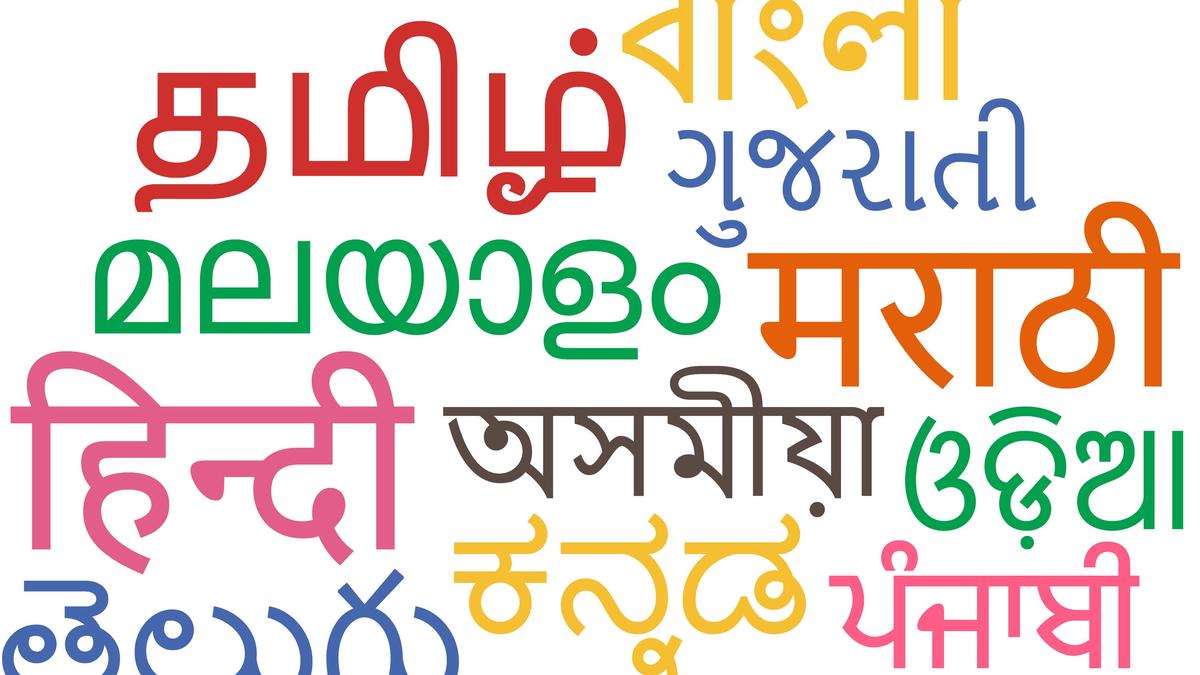While promoting multilingualism is a good idea, learning a third language should be a choice, not a burden.
| Photo Credit: Getty Images/iStockphoto
Dear Mr. Pradhan,
I am an educator with a deep interest in issues affecting education. Your recent statement that Tamil Nadu will not receive funding until it agrees to the National Education Policy (NEP) and adopts the three-language formula has sparked mixed reactions. Political parties and leaders from various sectors have condemned it, viewing it as coercion. Both the ruling and opposition parties — except the BJP — in Tamil Nadu have strongly criticised your stance and urged the Union Government to release the funds owed under the Samagra Shiksha scheme.
As an educator, I was shocked to see the video of your speech. As a minister holding a key portfolio, you are expected to understand federalism and exercise wisdom when discussing policies like the NEP and the three-language formula. Your words directly undermined the principles of federalism. The Union Government cannot impose a three-language policy on any state against the will of its people and their elected representatives.
While the Union Government can formulate policies and set guidelines under the concurrent status of education, state governments have the power to adapt and implement them based on local needs, contexts, and resources. Imposing policies without the willingness of the people will not yield the desired effect. Meaningful collaboration between the central and state governments is crucial, and this can only be achieved through regular consultations, discussions, and shared goals.
Effective system
Elected representatives express the will of the people, and Tamil Nadu has made it clear that the two-language policy works well for the state. The opposition to NEP 2020 is based on several valid reasons.
For decades, Tamil Nadu has followed a two-language policy, with students learning their mother tongue or regional language (L1) and English (L2). You are aware that many states follow similar models. Have students from Tamil Nadu been at a disadvantage because they did not learn a third language? Are they not successful in life? How many union ministers, parliamentarians, civil servants (IAS/ IPS/ IRS/ IFS), scientists, academics, and business leaders learnt three languages in school? Did the absence of a third language hinder their careers?
While promoting multilingualism is a good idea, learning a third language should be a choice, not a burden. Students already have to focus on subjects they consider more important for their careers. If they feel the need to learn a third language, they can do so voluntarily. Thousands in Tamil Nadu already learn Hindi and other languages by choice.
If students in government-run and government-aided schools were asked whether they wanted to study a third language apart from Tamil and English, the overwhelming response would be ‘no’. Tamil Nadu’s two-language policy is effective. If it isn’t broken, why fix it?
Schools should prioritise both L1 and L2. English, being a global language and a link language within India, plays a crucial role in career success. Proficiency in English provides greater opportunities than proficiency in a third language like Hindi for those in non-Hindi-speaking states. Many Indians have excelled at national and international levels due to their command of English. Therefore, state governments should focus on enhancing students’ proficiency in L1 and L2 rather than mandating a third language.
Tamil Nadu has consistently opposed the imposition of Hindi while supporting an individual’s right to learn the language if they so choose. The opposition stems from concerns that forced Hindi learning undermines the state’s linguistic diversity and cultural identity.
Hindi has been imposed both directly and indirectly in various ways. Even the name “Samagra Shiksha Abhiyan” reflects this imposition on non-Hindi-speaking states. Why should the scheme be named in Hindi? Why not simply call it the “Integrated Education Fund”? If the goal is to improve school education across states, a neutral term would be more appropriate.
Overarching objective
The priority should be improving the quality of education. The system should encourage students to think independently, creatively, and critically while fostering scientific temperament. Creating divisions over the three-language policy will not help the country progress.
Formulated in the 1968 National Policy on Education, the three-language formula proposes that students learn the regional/state language, Hindi, and English. Some states see this as an attempt to impose Hindi. NEP 2020 states that “the three-language formula will continue to be implemented while keeping in mind the Constitutional provisions, aspirations of the people, regions, and the Union, and the need to promote multilingualism as well as national unity” (NEP 2020, 4.13). However, language is merely a tool for communication. Proficiency in any language should not be equated with intelligence or patriotism. The idea that learning a third language promotes national unity is a myth.
Mr. Pradhan, the nation wants you to improve the quality of education in the country and take concrete steps to maintain good relations with the states. Only through consultations and discussions on crucial issues, such as education policies, will meaningful results be achieved.
Sincerely,
Dr. Albert P’Rayan
Views expressed are personal
The writer is an ELT resource person and education columnist. [email protected]
Published – February 23, 2025 04:00 pm IST
